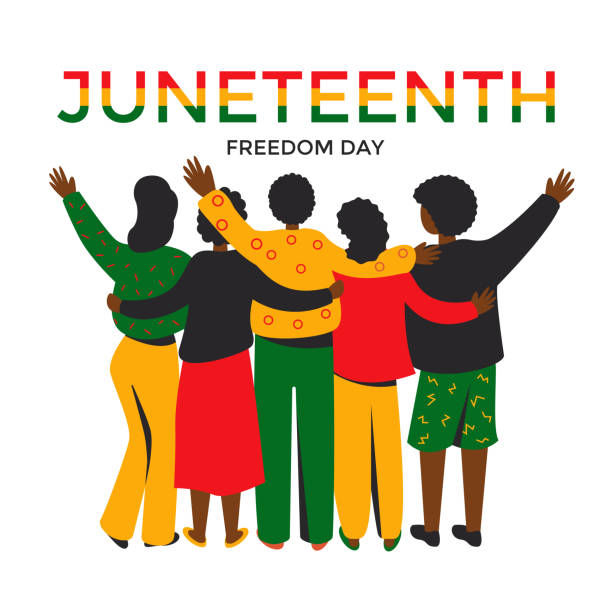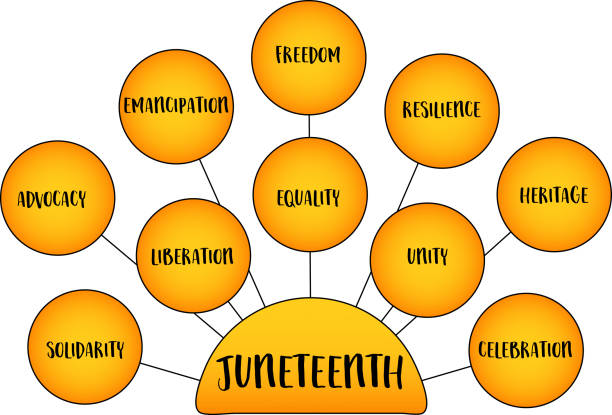Juneteenth: Education, Freedom, and Our Ongoing Journey - Reflecting on the Significance of Freedom Day in Today's America
- edusolutionsintl
.jpg/v1/fill/w_320,h_320/file.jpg)
- Jun 19, 2025
- 4 min read
By Dr. Dwayne Dyce, Founder/CEO, ESI

Today, June 19th, we commemorate Juneteenth—a day that marks not just the end of slavery in America, but the beginning of an ongoing struggle for true freedom and equality. As we gather to honor this pivotal moment in our nation's history, we must also confront the sobering reality of our current moment: the dismantling of civil rights protections, the rollback of diversity, equity, and inclusion initiatives, and the rise of discriminatory actions that echo the darkest chapters of our past.
The Historical Significance of Juneteenth
On June 19, 1865, Union soldiers arrived in Galveston, Texas, carrying news that would forever change the lives of enslaved African Americans: the Emancipation Proclamation had freed them two and a half years earlier. This delay—whether by design or circumstance—reminds us that freedom is not simply declared; it must be actively delivered, defended, and sustained.

Frederick Douglass, himself born into slavery and self-educated despite laws forbidding it, understood that knowledge was the pathway to liberation. He wrote, "Once you learn to read, you will be forever free." This wisdom resonates powerfully today, as education remains both a tool of empowerment and a battleground for equity.
Education as Liberation
The connection between education and freedom has deep roots in the African American experience. During slavery, teaching enslaved people to read was often illegal, precisely because literacy represented power and the potential for liberation. After emancipation, newly freed Black Americans prioritized education with remarkable dedication, often building schools with their own hands and resources.
James Baldwin, the brilliant writer and social critic, captured this transformative power when he observed, "Not everything that is faced can be changed, but nothing can be changed until it is faced." Today, we must face the uncomfortable truth that educational equity remains elusive for many communities of color, even as we celebrate how far we've come.

Malcolm X, who underwent his own transformation through education while incarcerated, declared, "Education is the passport to the future, for tomorrow belongs to those who prepare for it today." His words remind us that the fight for equality is not a relic of the past but a living, breathing challenge that requires our active engagement.
The current erosion of civil rights protections and the systematic dismantling of DEI programs represent more than policy changes—they represent a retreat from the promise of Juneteenth. When we witness the rise of white supremacist actions met with silence or indifference, we are reminded that the freedom celebrated on June 19, 1865, was not a destination but the beginning of a journey that continues today.
The Role of Education in Our Current Moment
At Education Solutions International (ESI), we believe that true education must do more than transmit information—it must cultivate critical thinking, empathy, and a commitment to justice. As Dr. Martin Luther King Jr. reminded us, "The function of education is to teach one to think intensively and to think critically. Intelligence plus character—that is the goal of true education."

In an era where historical narratives are being contested and sanitized, it becomes even more crucial to ensure that students understand the full scope of American history, including its most painful chapters. The story of Juneteenth is not just about the end of slavery; it's about the resilience of the human spirit, the power of perseverance, and the ongoing work required to build a more just society.
Maya Angelou, whose words continue to inspire generations, wrote, "History, despite its wrenching pain, cannot be unlived, but if faced with courage, need not be lived again." This Juneteenth, we honor the courage of those who fought for freedom while committing ourselves to ensuring that the painful chapters of our history are not repeated.
The challenges we face today—from educational inequity to the resurgence of discriminatory policies—require the same courage, determination, and commitment to justice that carried our ancestors through their darkest hours. We must be vigilant guardians of the freedoms that Juneteenth represents, even as we work to expand those freedoms to encompass true equality for all.
A Call to Action
As we reflect on Juneteenth 2025, let us remember that freedom is not a passive state but an active commitment. It requires us to speak out against injustice, to support policies that promote equity, and to ensure that education serves as a bridge to opportunity rather than a barrier.
W.E.B. Du Bois, the first African American to earn a PhD from Harvard University, proclaimed, "The cost of liberty is less than the price of repression." Today, we must be willing to pay that cost—through our advocacy, our vote, our voices, and our unwavering commitment to the principles that Juneteenth represents.
This day challenges us to be more than passive observers of history. It calls us to be active participants in the ongoing struggle for justice, equity, and true freedom for all Americans. The work is not finished, and the need for education, understanding, and action has never been more urgent.
As we celebrate Juneteenth, let us commit ourselves to being worthy inheritors of the freedom it represents and faithful stewards of the work that remains to be done.

Education Solutions International (ESI) is committed to promoting educational equity and justice through programs that honor our shared history while building bridges to a more inclusive future. For more information about our work and how you can get involved, visit our website at www.edusolutionsINTL.org or contact us directly at EduSolutionsINTL@gmail.com.







Comments